About Self Chain (SLF)
What is Self Chain (SLF)?
Self Chain (SLF) is a pioneering Layer 1 blockchain that introduces a Modular Intent-Centric Access Layer and keyless wallet infrastructure for multi-chain Web3 access. The platform is built with an innovative approach that prioritizes user intent and simplifies interactions in blockchain ecosystems. Using cutting-edge technologies like MPC-TSS (Multi-Party Computation Threshold Signature) and Account Abstraction (AA), Self Chain empowers users with enhanced control over their digital assets, while reducing friction in Web3 onboarding and recovery processes.
By leveraging LLM (Large Language Models), Self Chain interprets user intent to optimize interactions, allowing users to achieve their goals in the most efficient way possible. This user-centric approach is complemented by keyless wallets, which ensure self-custody of assets without the traditional burden of managing private keys. Self Chain also automates reward distribution to decentralized applications (dApps) that efficiently resolve user intents, further enhancing the overall experience on the platform.
How does Self Chain (SLF) work?
Self Chain operates on a Proof-of-Stake (PoS) consensus mechanism and is built using the Cosmos SDK. The Cosmos SDK enables Self Chain to deliver a developer-friendly environment, empowering its team to create secure, scalable, and innovative blockchain solutions that cater to both technical and non-technical users.
At the core of the Self Chain platform is its intent-centric design. The platform utilizes LLM to interpret user requests, ensuring that users’ needs are met in the most efficient manner. With MPC-TSS, Self Chain provides secure signing, further enhancing transaction safety while simultaneously reducing transaction fees.
Another standout feature of Self Chain is its keyless wallet infrastructure. This system allows users to manage their assets with full control (self-custody) but without needing to worry about private keys, which are often a barrier for new users. The combination of Account Abstraction and MPC-TSS ensures seamless, secure transactions, even for non-technical users.
Additionally, Self Chain provides a unique incentive model: dApps can earn automated rewards when they resolve user intent effectively. This encourages developers to build efficient, user-friendly applications on the platform, further enriching the Web3 ecosystem.
What are the potential use cases for Self Chain (SLF)?
Self Chain’s innovations open up a range of use cases for developers, users, and decentralized applications (dApps):
- Seamless Onboarding: The keyless wallet system simplifies the onboarding process, enabling users to start interacting with Web3 applications without the typical complexity of managing private keys.
- Efficient User Interactions: By leveraging LLM to interpret user intent, Self Chain ensures that users can achieve their goals quickly and efficiently, improving the overall user experience on dApps.
- Self-Custody without Complexity: The keyless wallet allows users to retain control over their assets without the risks associated with key management, making Web3 more accessible.
- Transaction Fee Reduction: With MPC-TSS and Account Abstraction, Self Chain significantly reduces transaction fees, making it more affordable for users to interact with the blockchain.
- dApp Incentives: The platform offers automated rewards for dApps that provide efficient solutions to user intents, encouraging high-quality, user-friendly application development.
- Scalable Web3 Solutions: The modular, developer-friendly environment provided by the Cosmos SDK allows for the rapid creation of customized blockchain solutions tailored to various Web3 use cases.
What is the history of Self Chain (SLF)?
Self Chain is designed to be an advanced blockchain platform that solves many of the usability and scalability issues facing the Web3 ecosystem today. The platform’s foundational technologies, including MPC-TSS and Account Abstraction, are the result of extensive research and development aimed at enhancing security and simplifying user interactions within decentralized networks.
The integration of Cosmos SDK further strengthens Self Chain’s infrastructure, enabling developers to easily create and deploy innovative solutions tailored to the needs of non-technical users and investors. The platform’s emphasis on reducing barriers to entry and offering automated incentives for dApps marks a significant shift toward making blockchain technology more accessible and user-friendly.
As Self Chain continues to evolve, it aims to be a key player in the Web3 ecosystem, promoting security, scalability, and usability while enabling seamless interactions between users, developers, and decentralized applications.



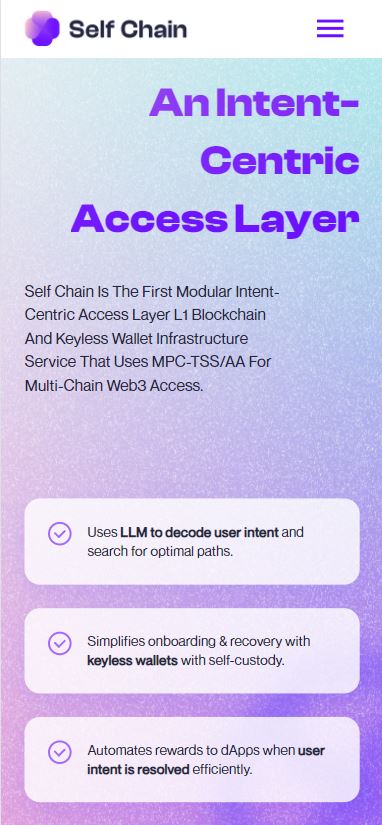
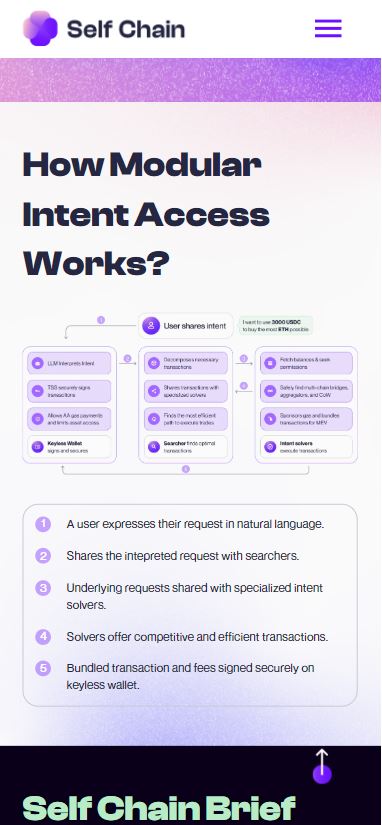
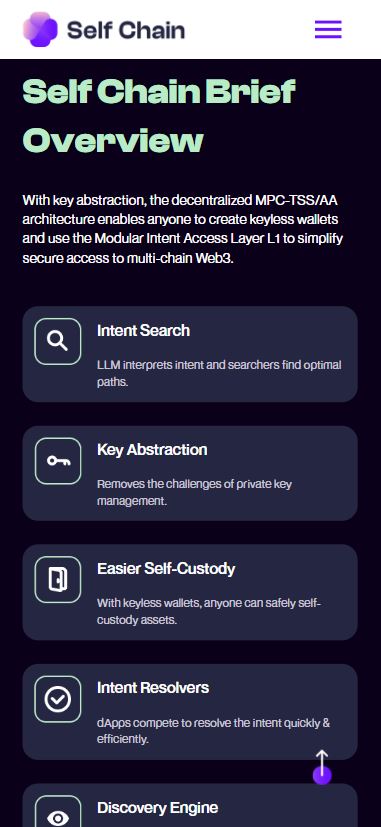
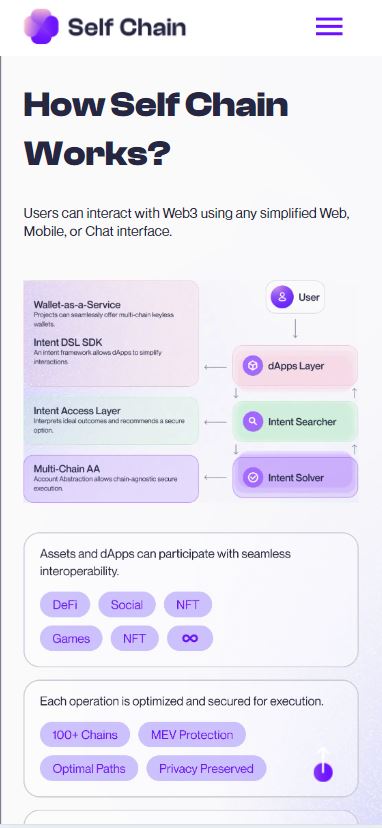
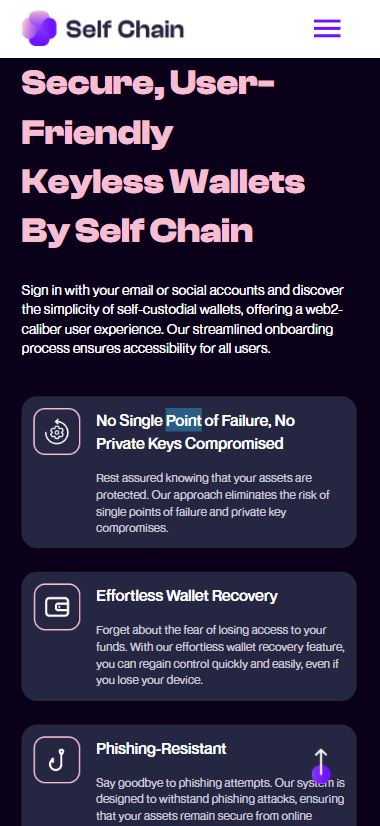
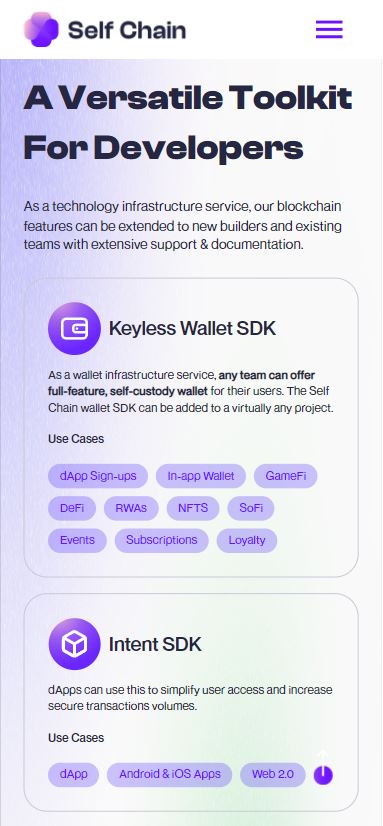










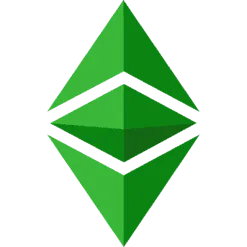

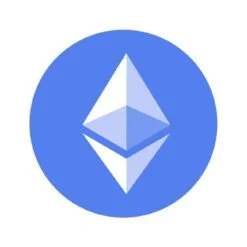
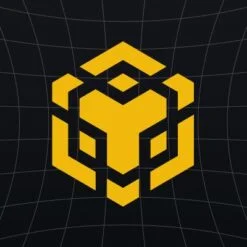



Eyad –
good